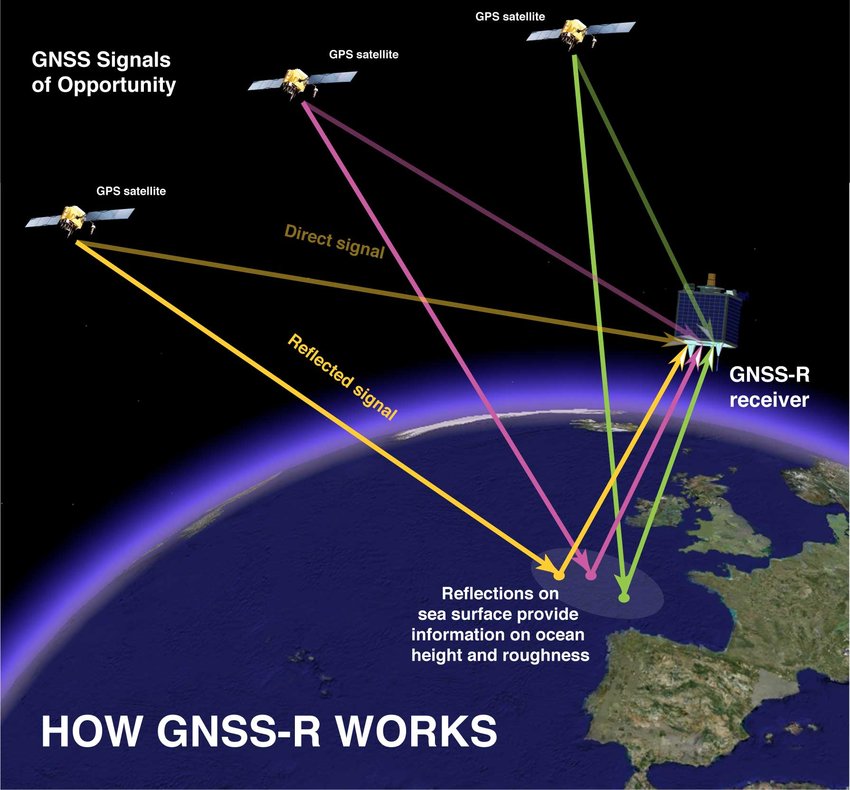Global navigation satellite system (GNSS) is a general term describing any satellite constellation that provides positioning, navigation, and timing (PNT) services on a global or regional basis.
While GPS is the most prevalent GNSS, other nations are fielding, or have fielded, their own systems to provide complementary, independent PNT capability. The main ones are described below.
GNSS can also refer to augmentation systems, but there are too many international augmentations to list here.
Some links below lead to external websites that the U.S. government does not control. The links are provided for informational purposes and do not constitute a U.S. government endorsement of any foreign systems, services, or views.

BeiDou Navigation Satellite System (BDS)
BeiDou, or BDS, is a global GNSS owned and operated by the People’s Republic of China. BDS was formally commissioned in 2020. The operational system consists of 35 satellites. BDS was previously called Compass.
Galileo
Galileo is a global GNSS owned and operated by the European Union. The EU declared the start of Galileo Initial Services in 2016 and plans to complete the system of 24+ satellites in 2021.
- European GNSS Service Center (gsc-europa.eu)
- European Commission’s Galileo website (europa.eu)
- European Space Agency’s Galileo website (esa.int)
- U.S.-Europe GNSS cooperation
 GLONASS
GLONASS
GLONASS (Globalnaya Navigazionnaya Sputnikovaya Sistema, or Global Navigation Satellite System) is a global GNSS owned and operated by the Russian Federation. The fully operational system consists of 24+ satellites.

Indian Regional Navigation Satellite System (IRNSS) / Navigation Indian Constellation (NavIC)
IRNSS is a regional GNSS owned and operated by the Government of India. IRNSS is an autonomous system designed to cover the Indian region and 1500 km around the Indian mainland. The system consists of 7 satellites. In 2016, India renamed IRNSS as the Navigation Indian Constellation (NavIC, meaning “sailor” or “navigator”).
Quasi-Zenith Satellite System (QZSS)
QZSS is a regional GNSS owned by the Government of Japan and operated by QZS System Service Inc. (QSS). QZSS complements GPS to improve coverage in East Asia and Oceania. Japan declared the official start of QZSS services in 2018 with 4 operational satellites, and plans to expand the constellation to 7 satellites by 2023 for autonomous capability.
















